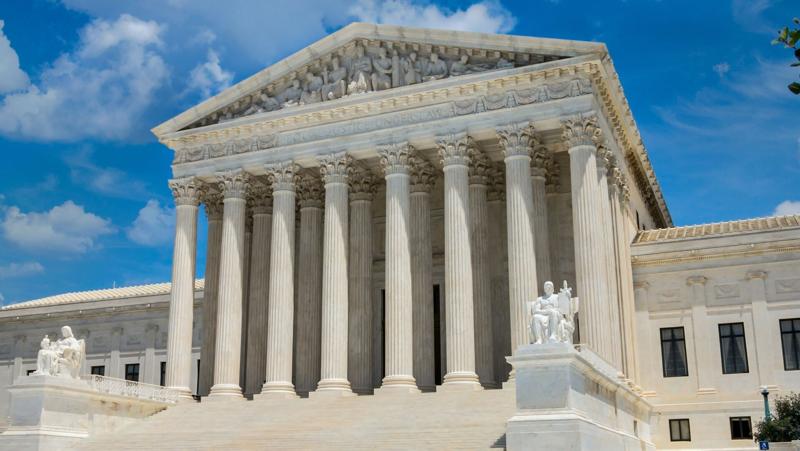The U.S. Supreme Court is set to make a decision regarding the tax-exempt status of organizations that do not comply with state qualifications for “religious purposes.”
The case, Catholic Charities Bureau v. Wisconsin Labor and Industry Review Commission, came to the high court after the Wisconsin Supreme Court blocked a religious social services organization from receiving tax-exempt status.
Catholic Charities Bureau provides social services including job placement and coaching for people with disabilities, daily living services and support programs through its umbrella of service entities.
Through its services, the Catholic charities do not require participants or employees to be of a particular religious faith and the programs do not require religious training or promotion of the Catholic faith.
In 2016, the bureau applied for an exemption of state unemployment insurance contributions due to its status as a religious organization. After years of back and forth, the Wisconsin Supreme Court blocked the organization’s request for a tax-exemption, where an appeal sent the decision to the U.S. Supreme Court.
The high court heard arguments for the case in March where a majority of justices appeared to be in favor of Catholic Charities.
“It just seems as though Wisconsin says we’re going to set up this system that is operating in a discriminatory fashion,” Justice Ketanji Brown Jackson said.
The justices took issue with the Wisconsin Supreme Court’s requirement that a religious organization proselytize in order to attain the special tax status.
“I thought it was pretty fundamental that we don’t treat some religions better than other religions,” Justice Elena Kagan said. “We certainly don’t do it based on the content of what those religious doctrines teach,” she continued.
The First Liberty Institute, a nonprofit legal organization, filed an amicus brief to the Supreme Court in support of the catholic charities.
Ryan Gardner, senior counsel at First Liberty Institute, said the issue goes beyond one case in Wisconsin.
“In the last year or two, we have seen an alarming number of cases coming up where local governments are trying to shut down benevolence ministries,” Gardner told The Center Square.
He said if the Supreme Court affirms Wisconsin’s decision, the government will be able to determine religious activity, which would entangle the state in religious affairs.
Gardner added that he takes issue with the government requiring certain religious activities to obtain a special tax status.
“The founders did not want the government intruding on church affairs and interfering with how a religious organization goes about conducting its religious business,” Gardner said.
The highest court is set to decide the case of religious tax exemptions before the end of its current term, which typically ends in June. The case of religious liberties will join several other high profile decisions the court is expected to issue this term.






